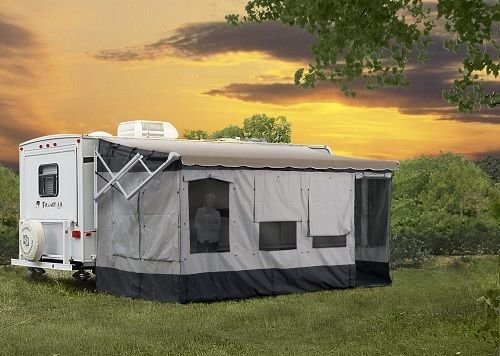Keep looking. The right unit is out there somewhere!
The best way to determine the truck's actual capacity is to load the truck as if you were ready to pull the TT, including passengers, cargo, etc. and get it weighed. Now you have a starting point.
Look at the driver door jamb and find the truck GVWR. This is the most the loaded truck may weigh.
Subtract actual weight from GVWR. This is what you may safely add.
Subtract 100# for a hitch. Multiply result by 8. This is the max TT GVWR the truck can handle.
Using 12.5% of TT weight as tongue weight (TW), 8# of TT = 1# of TW, or 8,000# TT = 1,000# TW
TT dry weight is nearly useless. Use the TT GVWR as a much more realistic estimate of what it will weigh. These numbers can be massaged a little, but they will be fairly close to reality.
The 7,600# towing capacity assumes an empty truck and a 150# driver. No passenger, no cargo.

